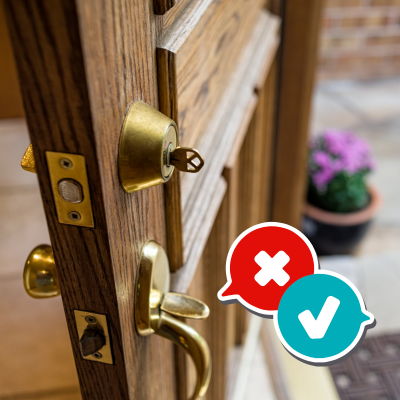Appointing multiple executors of a deceased estate
The decision of who should be appointed as the executor of an estate can be made by the testator. While it is common for a single person to be appointed, it is also possible for a testator to appoint more than one person to share this role which can bring with it certain added complications.
What are the duties of an estate executor?
An executor of a deceased estate is tasked with the responsibility of winding up the affairs of the deceased individual. This involves determining the value of all assets and liabilities and managing the disposal of all assets within the estate in accordance with the testator’s expressed wishes and relevant legislation and regulations.
How is an executor appointed?
According to South African law, an individual has the right to appoint an executor of their choice to manage the dissolution of their estate. This is done through a written will which must be witnessed by two competent witnesses. If an executor is not appointed by the testator of now will is left, the Master of the High Court will appoint one.
It is also possible to make provision for an alternative executor should the first be unable or unwilling to accept the appointment, or to nominate more than one person to be joint executors of your estate.
In cases where the executor is deemed to be inexperienced in this role (i.e. it may be the first time he or she is acting as an executor of a deceased estate), the Master of the High Court may insist that an attorney or financial advisor be appointed to offer guidance or act on behalf of the executor in terms of a power of attorney. This is to ensure that the fiduciary duties of the executor(s) are being met such as acting in the best interest of the estate; remaining impartial, honest and objective at all times; and assisting with the interpretation of the will.
What happens if the joint executors disagree?
It is not uncommon in cases where there are multiple executors for there to be disagreement on the interpretation of the will. Should this happen, a directive can be requested from the Master of the High Court as to how the estate should be dealt with. It is also possible to make an application to the High Court in order to obtain an order stipulating on how the assets of the estate should be dealt with and how these should be distributed.
In extreme cases where proof is given that an executor is not fulfilling his/her fiduciary duty, an application can be made to have the executor removed from his/her position. Such an application will only be granted by the Master of the High Court or the High Court itself should the situation be deemed to warrant such an extreme measure.
How to avoid disputes between executors
In order to have the best chance of avoiding unpleasant disputes, it is important for the testator to set out his/her will clearly, without any ambiguity. It is always advisable to consult with an expert such as an attorney or financial advisor when drafting your will as these professionals will be able to offer valuable guidance in this regard.
It is also a good idea to consult with your nominated executors before finalising your will in order to obtain confirmation from them that they are willing to accept the appointment as executor.
Should you appoint multiple executors?
Multiple executors can act as checks and balances and can help ensure that assets are managed, divided and disposed of in accordance with the will. At the same time, appointing multiple executors does also bring in the risk of disagreements. While there can be no definitive answer as to how best to manage your own will and appointment of executors, it is valuable to consider these pros and cons before deciding how best to proceed.
Written by Wessel de Kock


.png)
.png)

